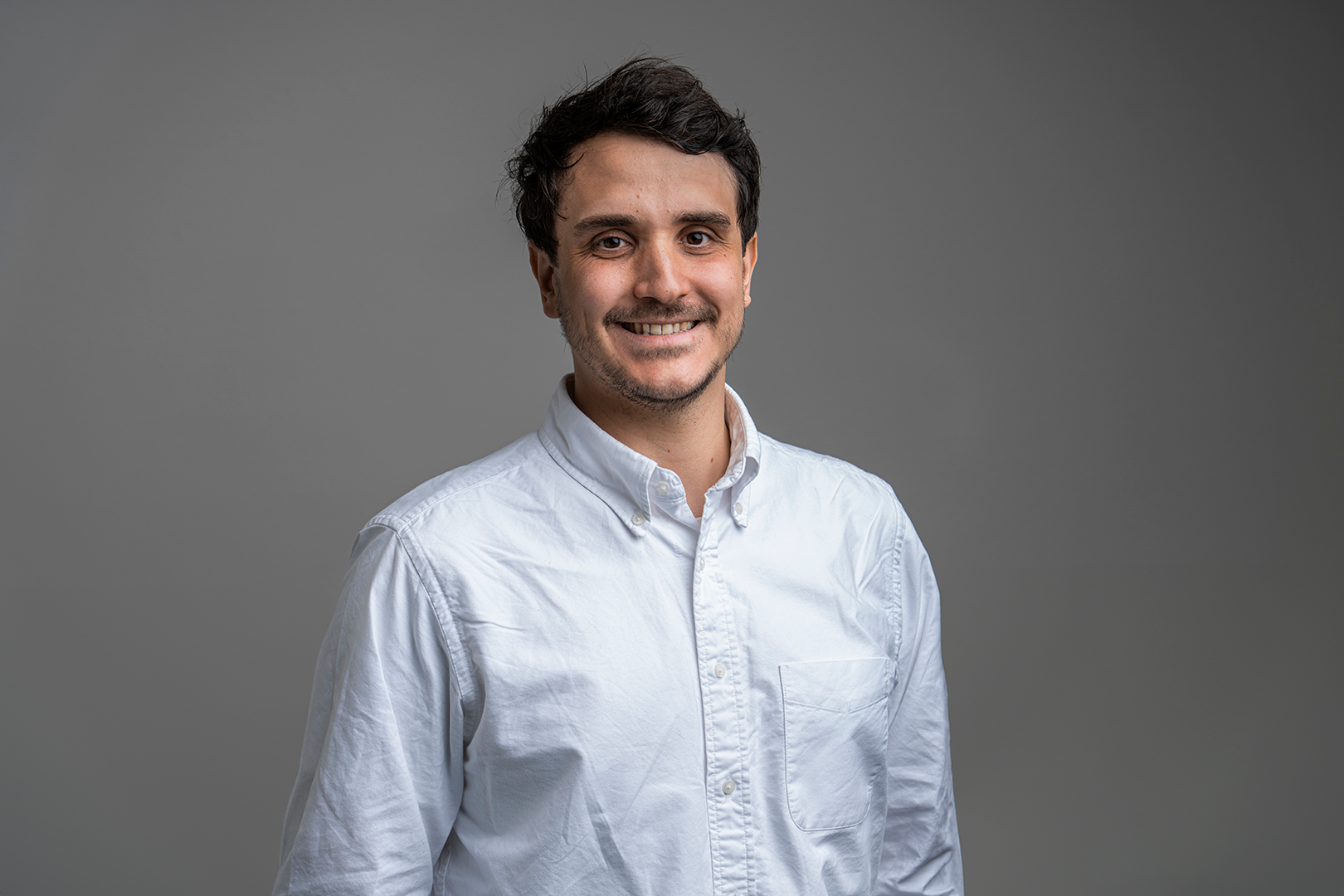Raphael Ferreira
Research leader

Project title
Advancing Large-Scale Genome Engineering for Next-Generation Cell Therapy Screens
What is your project about?
Cancer therapy has advanced significantly in the last two decades, with CAR T-cell therapy emerging as a powerful treatment that harnesses a patient’s own immune system. It has shown great success in treating blood cancers like leukemia, but has largely failed against solid tumors such as lung and breast cancer. A key reason is that the environment around solid tumors is hostile, limiting the effectiveness of current CAR T cells, which typically involve adding just one gene. My project proposes a novel approach: engineering T cells with 10 or more genes at once to overcome the barriers posed by solid tumors. This scalable gene-engineering toolbox could dramatically enhance the effectiveness of CAR T-cell therapy for the majority of cancers.
How did you become interested in your particular field of research?
I’ve always been fascinated by the power of genetic engineering and its potential to transform medicine. From early on, I knew I wanted to build tools and platforms that could drive scientific progress and ultimately help patients. At the same time, cancer research has been a longstanding area of interest for me. This project brings together both passions! I am using advanced genetic engineering to tackle one of the most difficult challenges in cancer therapy.
What are the scientific challenges and perspectives in your project?
In CAR T-cell therapy, we typically remove T cells from a patient and introduce a single gene modification before reinfusing them to fight cancer. In my project, one of the biggest scientific challenges is scaling this process, making not just one, but ten or more precise gene edits in the same T cell, all within a limited time frame. Achieving this level of multiplexed editing is technically demanding, as each modification must be efficient, safe, and tightly controlled. The goal is to fine-tune the process so that the desired number and combination of edits can be made reliably, opening the door to more powerful and adaptable cancer-fighting cells.
What is your estimate of the impact, which your project may have to society in the long term?
CAR T-cell therapy has been remarkably successful in treating blood cancers like leukemia, but has failed against solid tumors, which make up the majority of cancers such as breast and lung. The immediate goal of my project is to identify which combinations of genes need to be modified to help CAR T cells survive and function in the hostile environment of solid tumors. In the long term, this work could enable the development of next-generation CAR T therapies that are specifically tailored to different tumor types, potentially expanding the reach of this powerful treatment to far more patients and saving countless lives.
Which impact do you expect the Sapere Aude programme will have on your career as a researcher?
The Sapere Aude program will be instrumental in helping me establish my research group at DTU Health Tech. It will allow me to pursue my scientific goals in a more focused and impactful way, while also creating opportunities to mentor and train the next generation of genetic engineers. With this support, I will be able to build the Multiplexed Cell Engineering Lab, dedicated to developing innovative genetic tools and therapies. In the long term, this foundation will not only advance my career as an independent researcher but also contribute to improving human health through cutting-edge science.
Background and personal life
I grew up in Vitry-sur-Seine, a suburb of Paris, in a family that immigrated from Portugal. I’m the first in my family to earn a PhD, and I’ve been drawn to research from an early age. There are so many aspects of science that excite me, and I’ve been fortunate to explore them through my academic journey. My master’s program in Paris and PhD in Gothenburg opened the door to research opportunities around the world: from studying the origin of life at NASA in Mountain View, to synthetic biology in Edinburgh, to cancer metabolism at MIT in Boston. These experiences continue to shape both my scientific perspective and personal path.
View all research leaders here
Research institution
Technical University of Denmark, Health Tech.
Research field
Cancer therapy and gene editing
City of your current residence
Boston, MA
High school
Lycée Louis Armand, Nogent-sur-Marne
